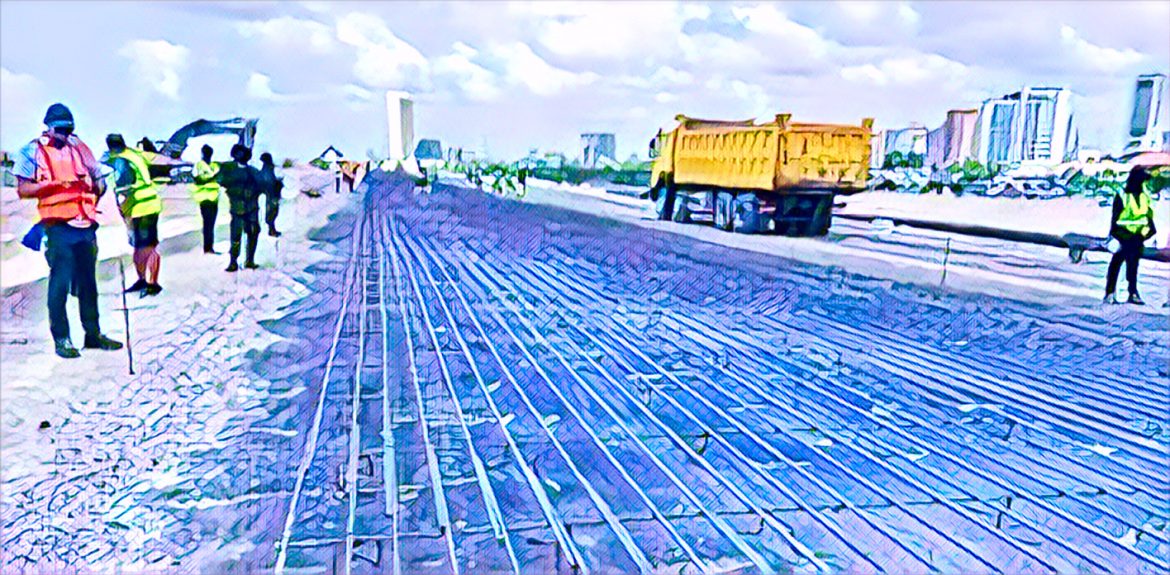The Federal Government has announced significant changes to the Lagos-Calabar Coastal Highway project, a major restructuring that includes a new route and a reduction in lanes from ten to six, aimed at both protecting vital subsea telecommunications infrastructure and optimizing costs.
Strategic Adjustments and Progress
During a detailed briefing with contractors in Abuja, David Umahi, the Minister of Works, outlined the latest updates to this pivotal infrastructure project. The government has decided to reroute the highway to avoid disrupting subsea cables critical to telecommunication services, responding to concerns raised by major providers like MTN. The initial planned route, as well as the gazetted alignment, were both adjusted, with a new course now set at kilometer 25.
The decision to reduce the number of lanes from the planned ten to six was described by Minister Umahi as a cost-saving measure that does not compromise the project’s integrity or its expected benefits. This reduction applies to sections two through four of the highway, demonstrating the government’s commitment to fiscal responsibility and efficient project management.
Compensation and Community Considerations
The Federal Government has been proactive in addressing the impacts on communities along the proposed highway. A substantial compensation package totaling approximately N10 billion has been paid to property owners affected by the demolitions required for construction. This initiative began with payments amounting to N2.75 billion on May 1st, reflecting the government’s commitment to fair and timely compensation.
This extensive project, which spans 700 kilometers and passes through nine states, is designed with concrete pavements and includes two spurs leading to northern states. Its completion is poised to significantly enhance regional connectivity and economic activity.
Economic Impact and Future Prospects
According to Minister Umahi, the Lagos-Calabar highway is not just an infrastructure project but a strategic investment with expected returns. By May 2029, the government plans to have fully operationalized the first section of the highway, stretching from Eko Atlantic to the Lekki deep sea port. The economic benefits extend beyond transportation, with potential boosts to tourism, industrial development, and job creation.
Moreover, the tolling of the highway within the next decade is anticipated to recover the investment costs, illustrating the project’s long-term financial viability. This approach underscores the administration’s strategy to enhance infrastructure while ensuring economic sustainability.
Broader Infrastructure Initiatives
In his address, Minister Umahi also touched on broader governmental efforts in infrastructure development. The Ministry of Works has inherited over 2,600 projects valued at N15 trillion and has initiated 330 emergency projects totaling N260 billion. Over 80% of these projects have already been completed, showcasing the government’s dedication to improving the country’s infrastructure.
Additionally, the minister confirmed the resumption of work on the remaining sections of the Abuja-Kano highway, managed by Julius Berger. The resolution of past issues with the contractor has set the stage for accelerated progress. Furthermore, recent problems like the flooding at Kara Bridge have been addressed, ensuring improved safety and infrastructure resilience.
As these projects unfold, the government remains committed to engaging with stakeholders, including future consultations in Cross River and Akwa Ibom, to refine the project details and procurement processes.
Source: Punch


